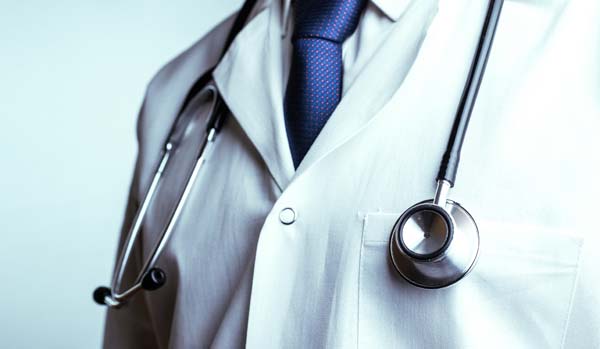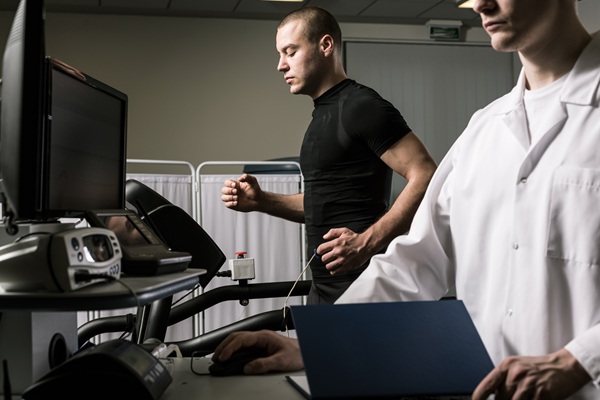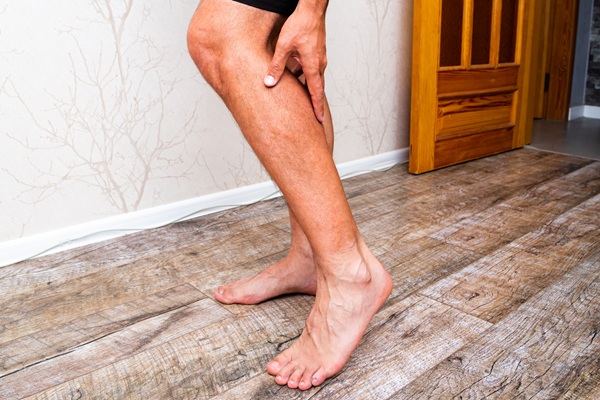Important Lifestyle Tips From a Cardiologist

You may never have thought about seeing a cardiologist, but this doctor could be one of the most important people you meet. If your daily habits put you at risk of developing heart disorders, you need help from someone with the right knowledge and training. Your heart doctor can provide you with the information and advice you need to keep your heart working efficiently.
What the cardiologist can do
Patients who think they may have heart problems can benefit from seeing this physician. The cardiologist will conduct a physical examination to evaluate the patient’s overall health. The doctor may then do tests such as an EKG, X-ray, angioplasty or ECG to diagnose the condition. With this knowledge, the cardiologist can then form a treatment plan. This may include prescribing medication or instituting a diet and exercise plan for the patient.
Give up the tobacco
For decades, doctors and scientists have preached about the negative effects tobacco can have on people. Smoking cigarettes and other forms of this addictive product can leave a heavy toll on the heart. Smoking can cause a buildup of plaque in the arteries, restricting blood flow to and from the heart. It can lead to high blood pressure, heart attacks or strokes. People who smoke should work with their cardiologist to eliminate the habit right away.
Get to the gym
A sedentary lifestyle is a leading cause of heart disorders. People in this category tend to have high blood pressure and are overweight. Exercising for 30 minutes per day can reverse these effects and help the circulatory system function properly. Aerobic exercise such as jogging is particularly good for the heart.
Eat well
An occasional dessert or fatty food will not have negative effects. However, people who eat foods high in trans fats, saturated fats, sugars and salt put themselves in a high-risk group. Replace red meat, fried foods and items high in cholesterol with fruits, vegetables and whole grains. This will help lower a person’s blood pressure and help the heart pump blood at the right rate.
Get plenty of rest
A cardiologist will likely ask patients how much sleep they get each night. People who sleep seven to eight hours each day usually have healthier hearts than those who get less. It is critical to get uninterrupted, sound sleep.
Manage stress
Everyone deals with stress and anxiety to some degree. A cardiologist will always tell patients to learn how to cope during the most challenging moments of life. Relaxation and meditation techniques can help cope with these feelings. Some people learn how to cut specific stressful moments out of their life.
You can do it
As difficult as it may seem right now, you have the power to live a healthy life. Start now by doing one thing to strengthen your heart. Eventually, you can eat well, become active, sleep well and take care of your stress. Doing these things will give you an edge when it comes to avoiding heart problems. Your cardiologist can give further tips, so call and make an appointment with the doctor today.
Get more information about Florida Premier Cardiology in Boynton Beach at https://boyntonbeach.floridapremiercardio.com.
Check out what others are saying about our services on Yelp: Read our Yelp reviews.
Recent Posts
A cardiac stress test is a diagnostic tool to evaluate how well the heart performs under physical stress. Cardiologists use this test to detect underlying cardiovascular conditions, monitor treatment progress, or assess the risk of future heart complications. Cardiac stress tests are essential in the early detection and management of heart disease.A cardiac stress test…
Peripheral arterial disease affects blood flow in the arteries, most commonly in the legs. It develops due to plaque buildup in the arteries that causes them to narrow and restrict circulation, possibly leading to discomfort, difficulty walking, and other serious complications. Recognizing the symptoms early and exploring treatment options can help improve the quality of…
Receiving cardiovascular treatment is a critical step in managing heart health, but recovery and long-term are equally vital to ensure long-term wellness. Whether the treatment involves medication management, interventional procedures, or surgery, maintaining a relationship with the cardiologist and following their recovery guidelines is crucial. A structured follow-up plan allows patients to maintain the benefits…
An echocardiogram is a common and painless test that helps doctors evaluate heart health. This test uses sound waves to create images of the heart, allowing cardiologists to examine its structure and function. Many people feel nervous before a medical test, but understanding what to expect can help reduce stress.An echocardiogram is a diagnostic test…


